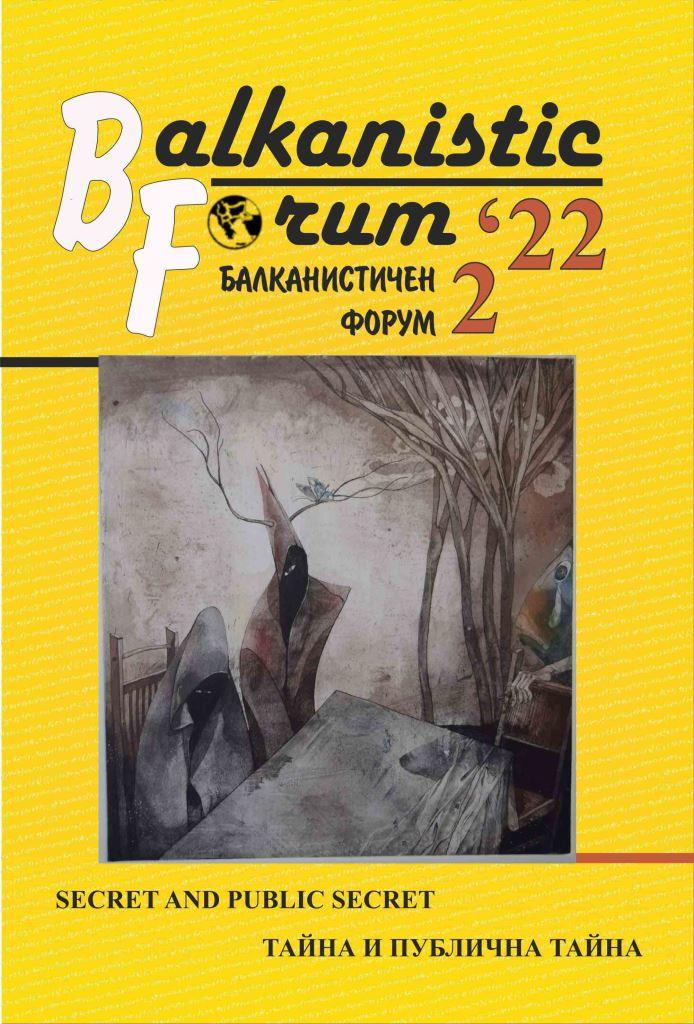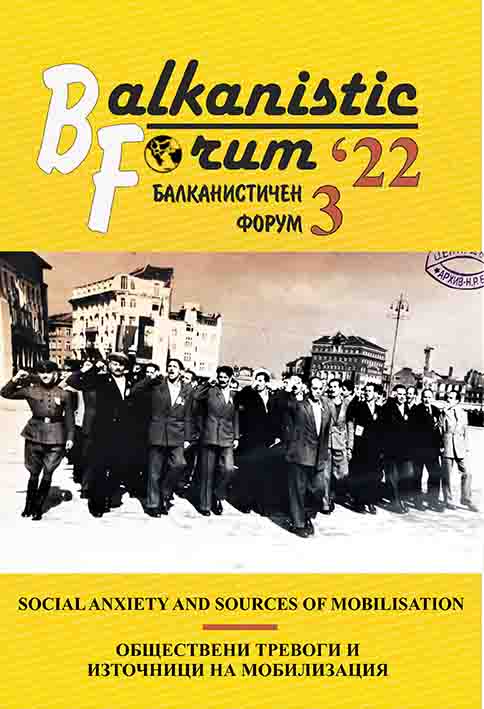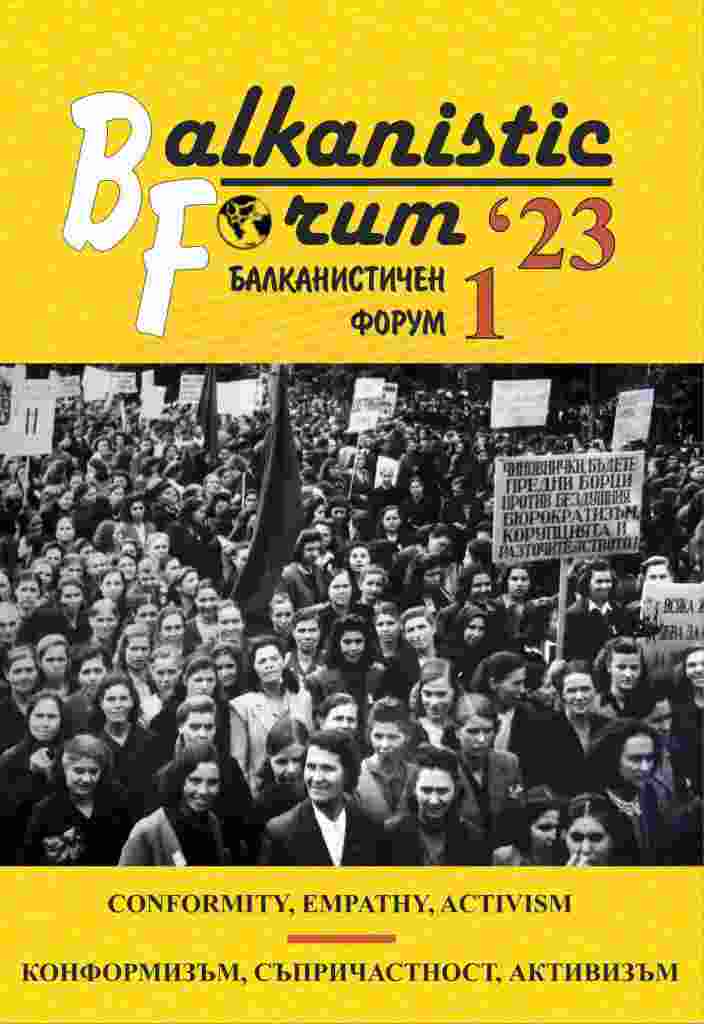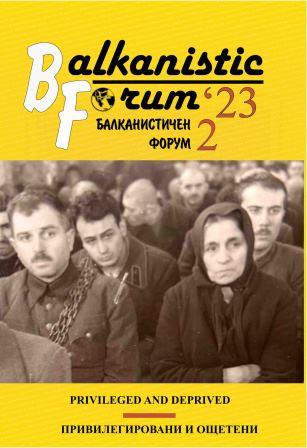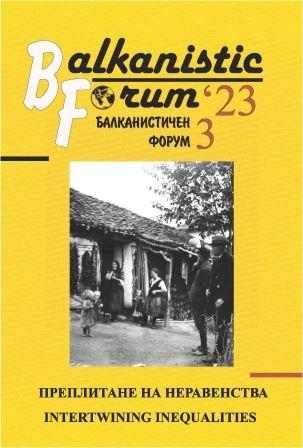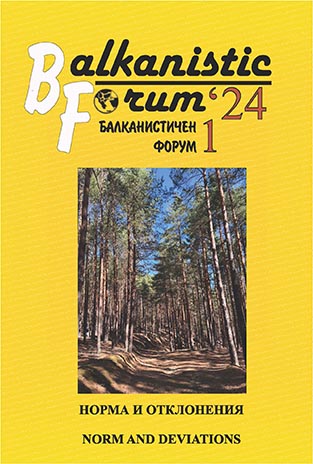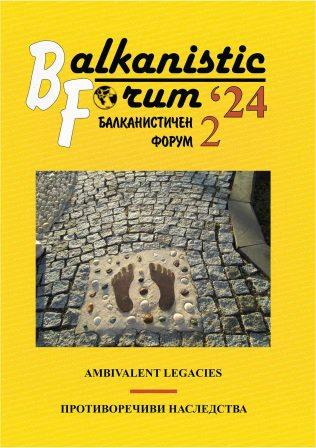Author(s): Arsim Sinani,Veli KRYEZIU / Language(s): English
Issue: 3/2023
The Balkans as a region of Southeast Europe is one of the most sensitive regions of Europe; this is where the sparks of war arose from the time of the Ottoman Empire until 2001 when a political solution was finally given to each problem of nationalities and inequalities in this region. The former Yugoslavia as an artificial creation of a state, lacking nationality, is one of the sources of conflicts which erupted with bloody wars caused by Serbia. The Yugoslav federation which gained political power after World War II consisted of 6 republics and 2 provinces. According to the Federal Constitution of Yugoslavia, all peoples must be integrated into Yugoslavia. Unfortunately within Yugoslavia there were privileged peoples, and others who were treated as secondary-class people. Albanians in Yugoslavia, most of whom belonged to the Autonomous Province of Kosovo, did not experience the status of equal population in Yugoslavia; Bulgarians were treated the same, most of whom lived in the Socialist Republic of Macedonia. The Republican government in Macedonia influenced by the Federal one has directly influenced Macedonia in the manner of discrimination against national minorities such as Albanians, Bulgarians, Hungarians, Roma, Ashkali, Turks, etc., while the: Serbian, Montenegrin, Macedonian people have been the most privileged ones within the Republic, as well as in the Yugoslav Federation.The communist regime in Yugoslavia denied any minority efforts for equality and prosperity. The most vocal in the quest for rights were Albanians and Bulgarians, who faced torture, draconian punishments, internment, and even murder in Yugoslav concentration camps. Yugoslavia, namely the Socialist Republic of Macedonia from 1945 until 2001, was the most dictatorial regime in the history of Southeast Europe for Albanians and Bulgarians; unfortunately the Bulgarian community in Macedonia, even with the new constitution, has not resolved its political, cultural, educational status etc…
More...
